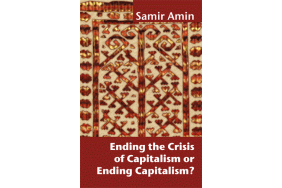Trade unions of all hues join forces in an unprecedented manner and present a charter of demands to the government. In a rare show of unity, and for the first time since Independence, around one lakh workers affiliated to eight central trade unions and national industrial federations, including (…)

